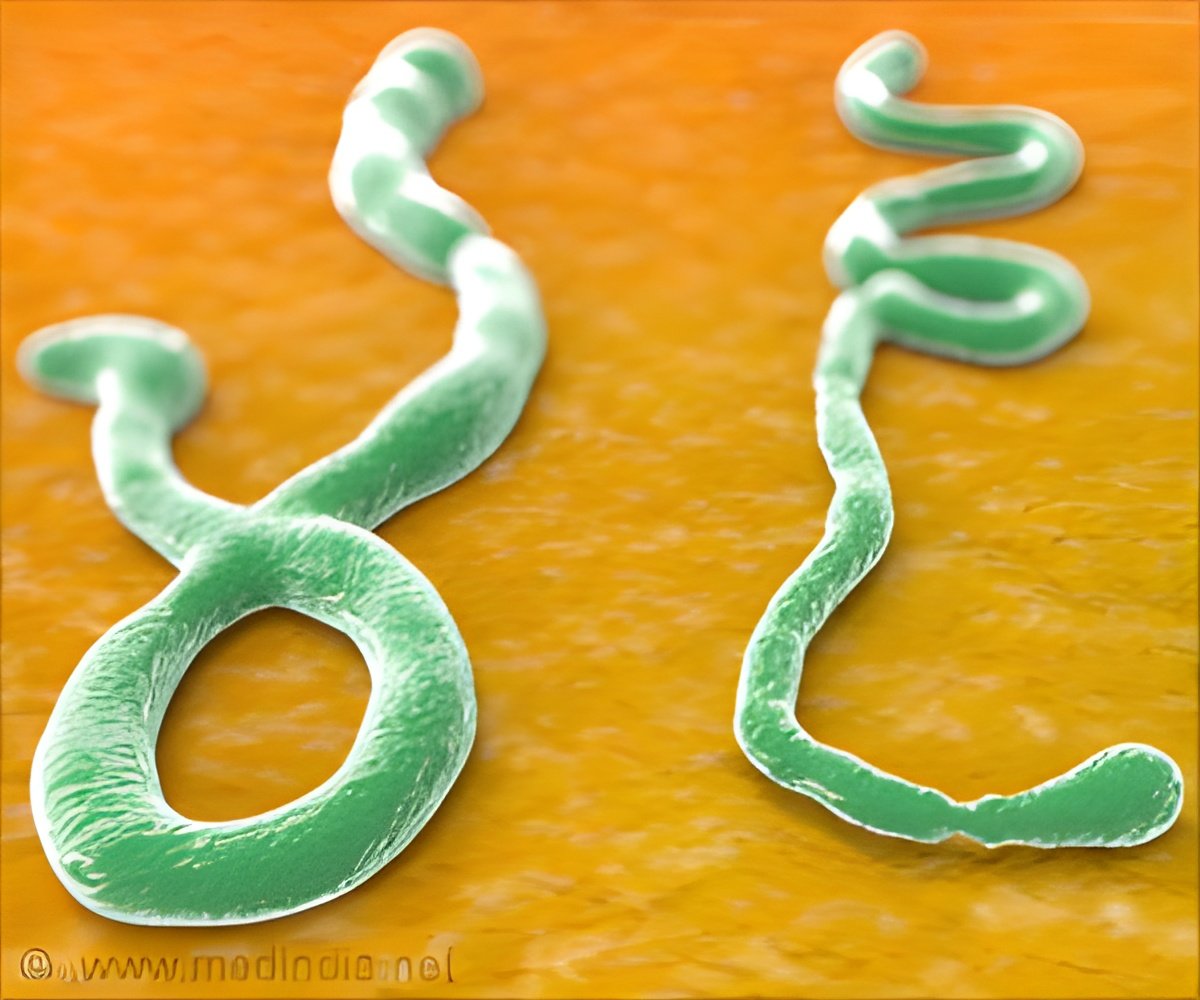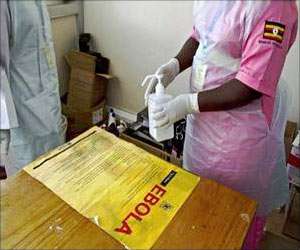
In the NIH experiment, two groups of monkeys were infected with one or the other strain of the Ebola virus. It was observed that in three days both were spreading the virus, and the ones with the Mayinga strain developed a rash on day four and became extremely ill on days five and six. But the monkeys with the Makona strain did not get rashes before the sixth day, and severe symptoms did not appear until day seven.
Furthermore, liver damage, which is a typical result of Ebola infection, appeared in the Makona-strain-infected monkeys two days later than the ones with the Mayinga strain. Also, the immune systems of the animals with the weaker Makona strain produced around three times as much virus-fighting protein as those with the Mayinga strain did.
The virologists who conducted this study plan to do more research on how immune systems react to both strains of Ebola. They believe that at least seven days are needed after infection to mount an effective response. This response does not seem to happen in monkeys infected with the Mayinga strain because the Ebola disease progresses too quickly.
Source-AFP










